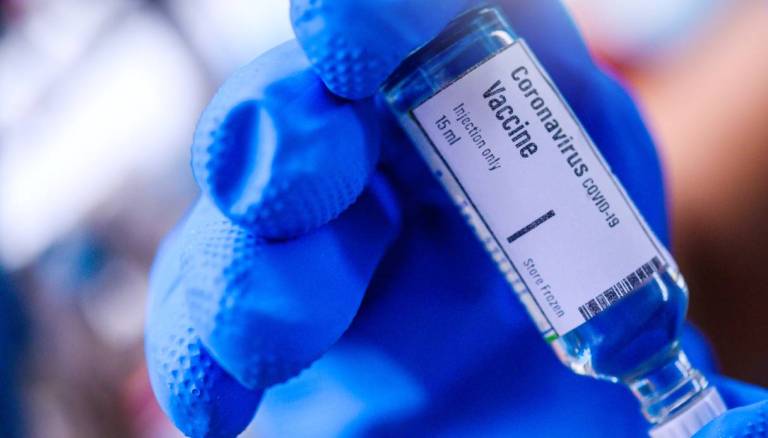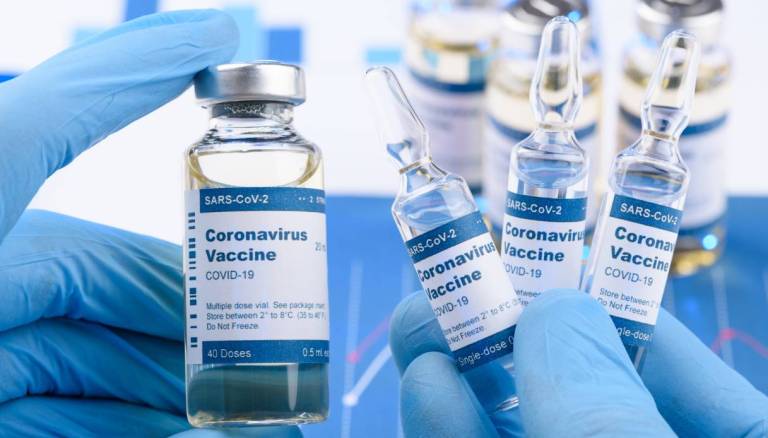The race towards the vaccine against Covid seems to be getting closer and closer to the finish line. In the last week, in fact, quite reassuring news has arrived from the United States. Two of the three vaccines later in the trial process have proven to have a very high level of reliability. The one developed in collaboration with Pfizer and BioNTech and the one developed by Moderna have an efficacy of over 90%.
According to the EMA (European Medicines Agency), three vaccines will be available on the market by the end of January 2021, while by the end of the year there could be as many as seven vaccines against Covid-19. In short, an increasingly crowded “competition”, to the benefit of citizens, who will be able to count on millions of vials as early as next year.
A race in which Italy plays a very important role, both in terms of research and production. The vaccine being developed by AstraZeneca was initially developed in Italy (at the IRBM laboratories in Pomezia), while both AstraZeneca and Sanofi will produce their vaccine at the chemical-pharmaceutical centre in Anagni, a small town a few dozen kilometres from Rome.
Anti-Covid vaccine, the situation and when it will arrive
As mentioned, at present 2 of the more than 200 vaccines being tested worldwide have entered the third and final testing phase. Both born and developed in the United States, Pfizer/BioNTech and Moderna vaccines use coding RNA for the spike protein, thus stimulating the body’s defences to develop an adequate immune response.

In addition, compared to other types of vaccines, mRNA can be produced faster and ensures that people vaccinated are not infected. A very important detail: this means that even if infected, the SARS-CoV-2 virus will not “get out” of the body.
The two vaccines, now in the final phase of the trial, should be available perhaps before the end of 2020. In Italy, at least initially, 1.3 million doses should arrive, which would be used to protect all the categories most at risk: first of all health and law enforcement agencies, then the weaker sections of the population, and then all the others.
The biggest question mark at the moment is the duration of the vaccines. The rapid process of development and testing, in fact, have not allowed to assess whether the immunization guaranteed by the drugs is “indefinite” or whether, instead, we should repeat the vaccine every year, to “strengthen” the immune defenses and avoid becoming infected again.
Anti-Covid vaccines: the storage issue
In addition to the doubts about the “duration” of the vaccines, the issue related to their storage and transport also remains still open. As we have seen, both Pfizer/BioNTech and the Moderna solutions use coding RNA and both of them are easily perishable. In order not to lose effectiveness, they must be stored at temperatures of 70 or 80 degrees below zero: otherwise, the mRNA molecule decomposes quickly and can no longer be used.
Healthcare companies around the world are thus equipping themselves for the storage of millions and millions of doses, creating a sort of “gold rush” to grab the freezers and machines for the conservation available on the market. This is not a small problem also for those involved in logistics. The Pfizer vaccine, for example, will be produced in Belgium and then distributed to the rest of Europe. Distribution giants will need to be able to keep the vaccine in a “protected” environment for the duration of the journey and beyond. One possible solution would be to use dry ice, which would allow it to be stored for about 10 days without the need of a freezer.

